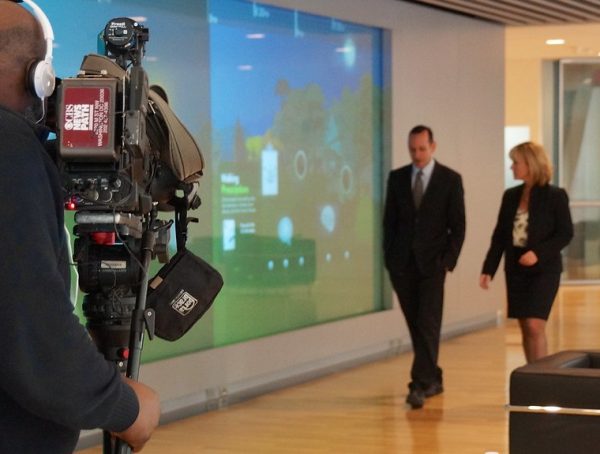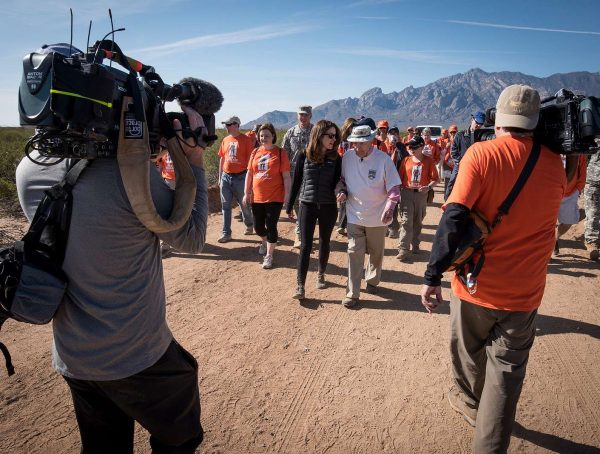If you have always dreamt of becoming an international correspondent, hopping from country to country reporting on the hottest news, then this article is for you. Bill Skane is a veteran CBS News producer. He covered stories in countries like Germany, Mexico, Uganda, and Patagonia.
Here is some of the advice he gives to young journalists willing to make themselves a name in the international news world.
Learn foreign languages
First off, foreign countries mean foreign languages. Not only will speaking a foreign language helps you better understand the culture of a particular country, but it will also position you as a first pick when your news outlet will be looking to send a correspondent abroad. Skane cites the example of Isabelle Khurshudyan, a Ukrainian journalist working for the Washington Post.
“She graduated from the University of South Carolina in 2014, she went to the Washington Post and started covering high school sports. And after a year or two of covering high school sports, they realized she spoke Russian because her family is from Ukraine and so — guess what — she got assigned to cover the Washington capitals hockey team sports once she had grown up enough to be able to do professional sports — because there are five players on that team who speak Russian. … Then guess what happens: Ukraine starts getting hot, looks like Russia is getting forces on the border,” Skane explains.
Today, Khurshudyan is a correspondent in Moscow where she is writing stories about the war. She was sent to cover the tensions between Russia and Ukraine because she was a Russian speaker. Moral of the story: her mastering of languages led to the advancement of her career.
“She was picked in the newsroom because she had become a pretty good reporter, and she spoke Russian and Ukrainian.”
While all languages are great to know, there are some that might be more interesting to learn than others, especially as a young journalist.
Expand your perspectives
The American press is getting more and more limited, Skane says. One of the things young journalists can do to make themselves more sellable to international outlets is starting to learn about the way the world works from somebody else’s perspective. Libraries, as well as newspapers like The Economist, are a great place to start.
“The main idea is you’ve got to start thinking about the world from someplace other than us because the American footprint in the world is so big and so loud, that it’s very hard for you to know in advance before you go to these countries how they think, what’s important to them, and what else is going on in the country, besides what you went there to cover,” Skane says.
In order to do this, the key is to learn how to listen to people, and not presuppose what someone thinks based on an American point of view.
“Once we get outside the country, no matter what race we are, religion or whatever, we are all Americans. There is this sort of built-in American bias to things and we got to lose it to be able to report on what these people are going through,” Skane continues.
Skane encourages young journalists to give themselves enough experience from an international point of view in order to be able to get past the noise of America, which can be pretty overwhelming.
Citing his own experience, Skane remembers being sent to Germany in 1994 as part of a group of reporter exchanges between Germany and the United States.
“Even after like a two or three-week exposure, you realize that other people don’t think the way we think, and they have other things that are important to them. And there is a kind of cultural imperialism about — you know — that wherever you go there are American movies, and there’s Coca Cola …, there’s McDonald’s… The American thing is so huge that you can make the mistake of walking into a place and thinking they’re just like us, but they’re not,” Skane says.
And these differences in cultures are something you have to respect, Skane believes, not only to be respectful but because your journalism will be better for it. You will know something other Americans do not know, making you a better reporter, and a better candidate to be sent abroad.








